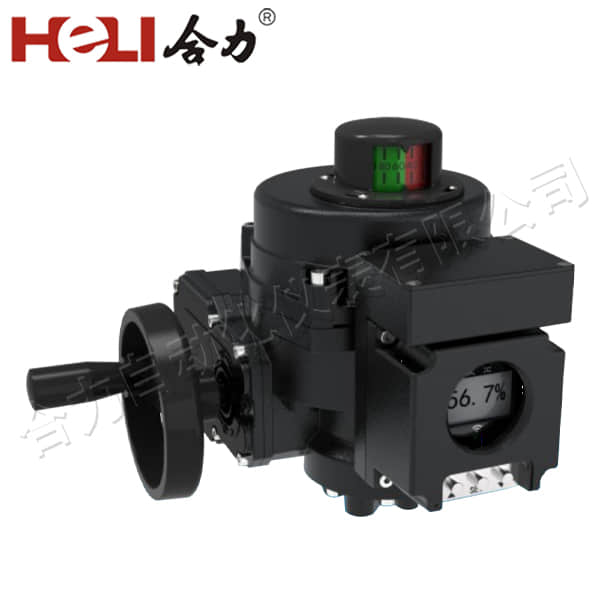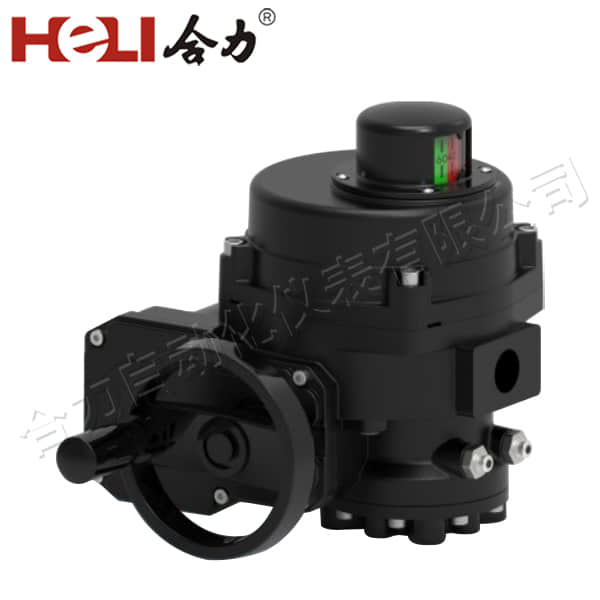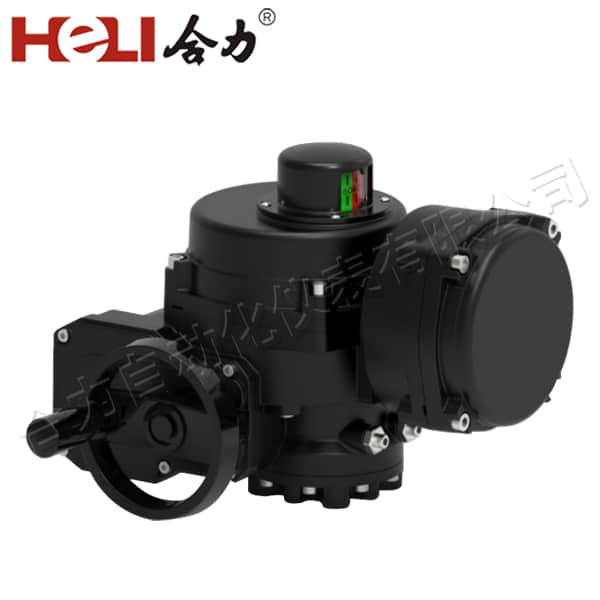understanding electric actuators: the future of automation
Release time:2024-12-03 11:03:30
Electric actuators are pivotal components in the field of automation, driving systems across various industries to enhance efficiency and precision. These devices convert electrical energy into mechanical motion, enabling machines to perform tasks with accuracy and reliability. As technology advances, electric actuators have become increasingly prevalent in applications ranging from manufacturing to robotics, making them essential for modern automation solutions.

What is an Electric Actuator?

An electric actuator is a type of actuator that uses electrical energy to produce motion. Unlike hydraulic or pneumatic actuators, which rely on fluid or air pressure, electric actuators are powered by electricity, making them more environmentally friendly and easier to control. They are available in various forms, including linear actuators, rotary actuators, and stepper motors, each designed to meet specific application requirements. Types of Electric Actuators




